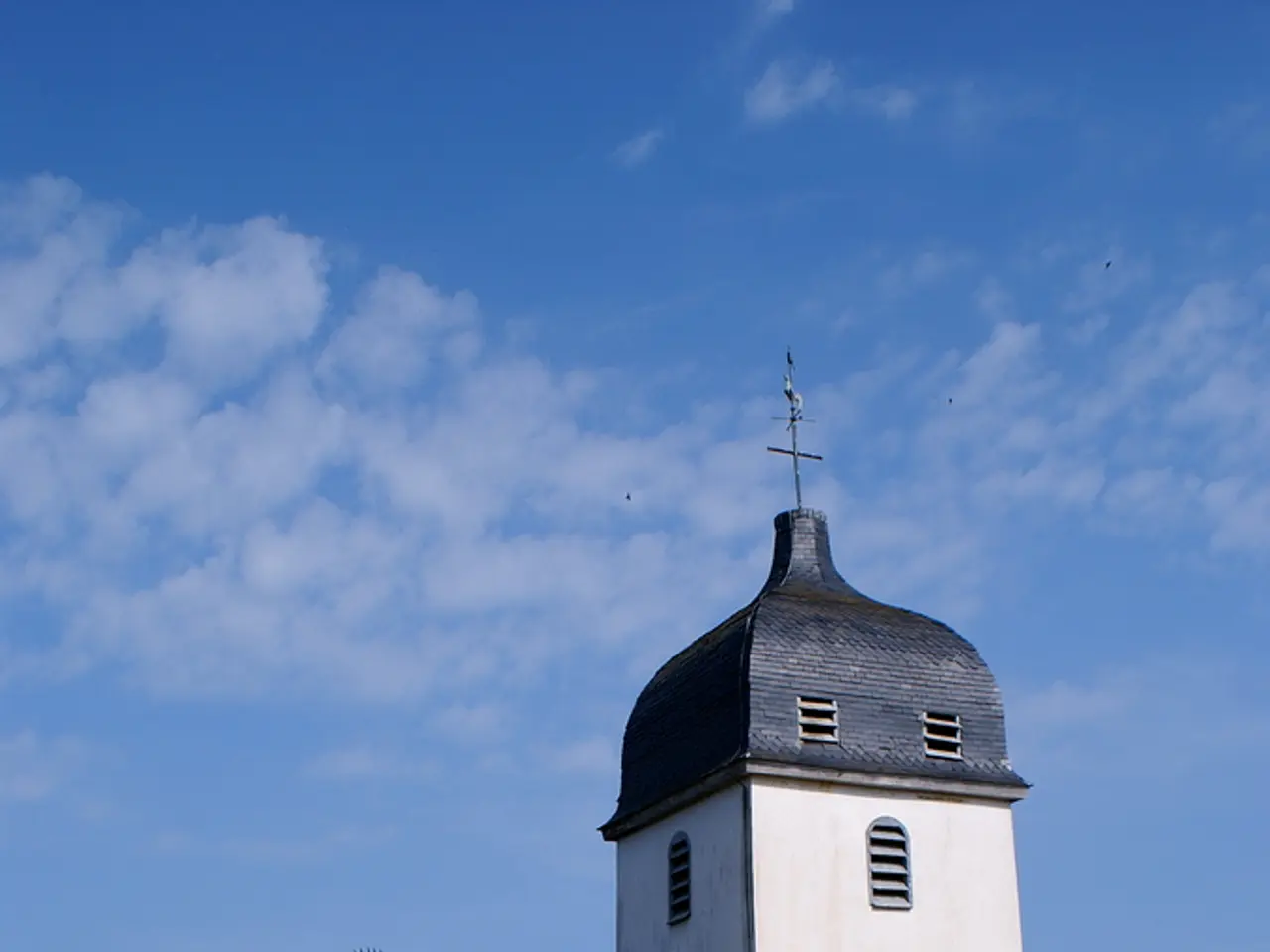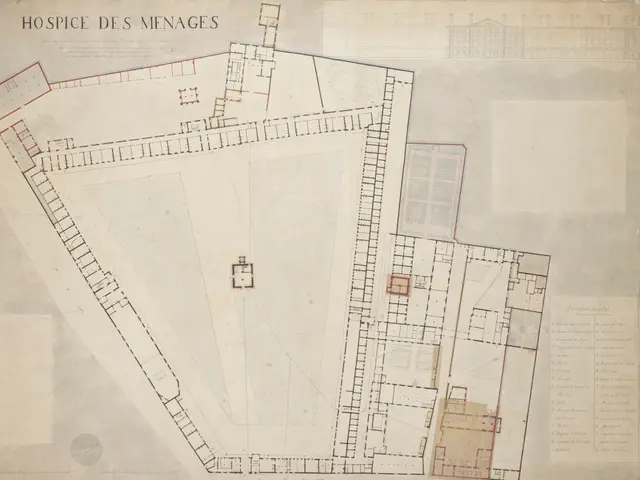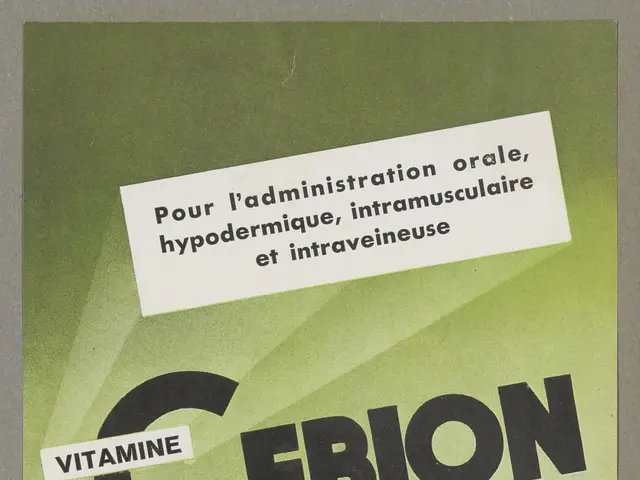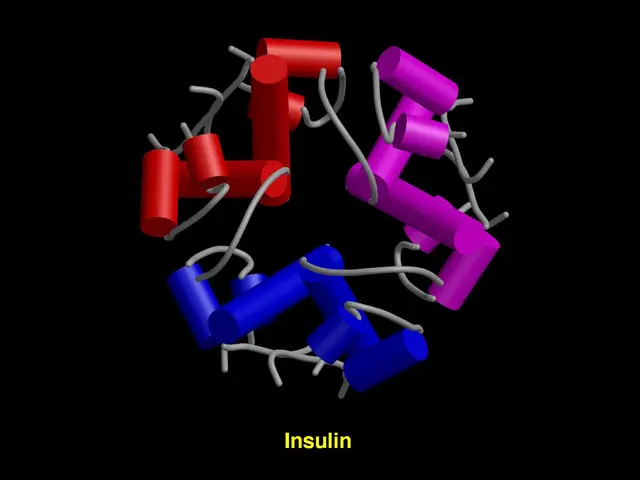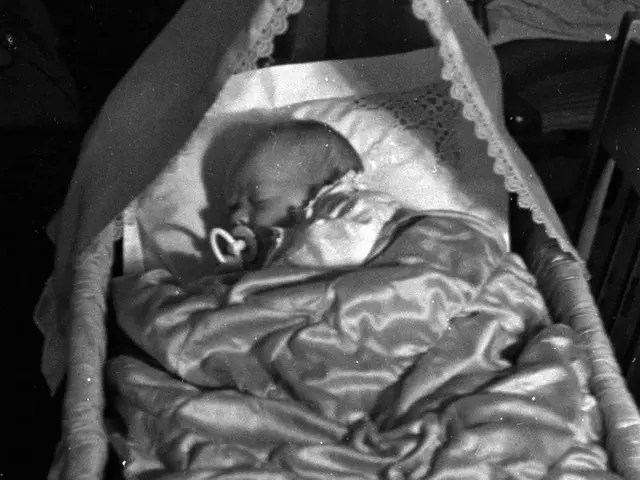Gathering within a Nigerian church designed for the deaf community
Deaf-Friendly Church in Lagos, Nigeria, Fosters Inclusion and Community
In the heart of Somolu, a suburb of Lagos, Nigeria, lies a unique church that caters specifically to the deaf community. Established in 1956 as the Christian Mission for Deaf Africans, this church has been a beacon of hope and inclusion for over six decades.
Imoh Udoka, a sign language teacher, has been attending the church for 36 years. The church, which now goes by the name of an undisclosed local denomination, has approximately 50-60 weekly attendees. One of its members, Oluwakemi Oluwatoke-Ogunjirin, a 49-year-old worker with the Lagos state government, has found a community at the church where she feels safe and understood.
The church's services are conducted entirely in sign language, a practice that sets it apart from mainstream religious institutions. This linguistic accommodation allows deaf individuals to fully participate in worship activities, breaking the isolation they may have experienced in other religious settings.
Oluwatoke-Ogunjirin, who has improved her sign language skills with the church's help, is not alone in her experience. The church has played a significant role in fostering community and inclusion among deaf individuals in Lagos and beyond.
Remi Akinrenmi, one of the pastors at the church, preaches about various topics, such as the sinister consequences of jealousy and the importance of faith. Attendees respond with hand gestures, such as waving their hands above their heads in response to "Praise the Lord."
The church's impact extends beyond its walls. It organizes outreach programs to other deaf communities in Lagos, helping to spread the message of inclusion and community. Hearing children of church members and some hearing students attend sign language classes for better communication.
However, efforts by advocates to push for more inclusive legislation have not materialized due to a lack of political will. In Nigeria, there is limited infrastructure for people with disabilities, and laws to improve their welfare and prevent discrimination are barely enforced.
Despite these challenges, the deaf-friendly church in Somolu continues to thrive, serving as a vital social and spiritual hub for its members. Speaking Fingers, a sign language advocacy group in Lagos, emphasizes the importance of churches like this one as safe spaces for deaf individuals.
The church also runs a teaching unit for sign language, further contributing to the deaf community's linguistic and cultural empowerment. As more churches adopt inclusive practices, the hope is that isolation and marginalization of persons with disabilities in African contexts will be challenged, and a more inclusive society will emerge.
[1] [Source for inclusion and community building] [2] [Source for transformative role of deaf-friendly churches] [3] [Source for the transformative role in providing access to faith] [4] [Source for the strong sense of kinship and belonging] [5] [Source for the model of empowerment and recognition]
- This deaf-friendly church, with its roots in science (understanding the need for linguistic accommodation) and health-and-wellness (catering to the unique needs of its community), also emphasizes mental health (preaching about topics like jealousy and faith) and fitness-and-exercise (organizing outreach programs and sign language classes).
- Recognizing the transformative potential of deaf-friendly churches in fostering community (as seen in Somolu), the church's other functions such as sign language teaching units, can be seen as a model for mental health (empowerment and recognition), health-and-wellness (providing access to faith), and well-rounded personal development (encouraging fitness-and-exercise through outreach programs).
